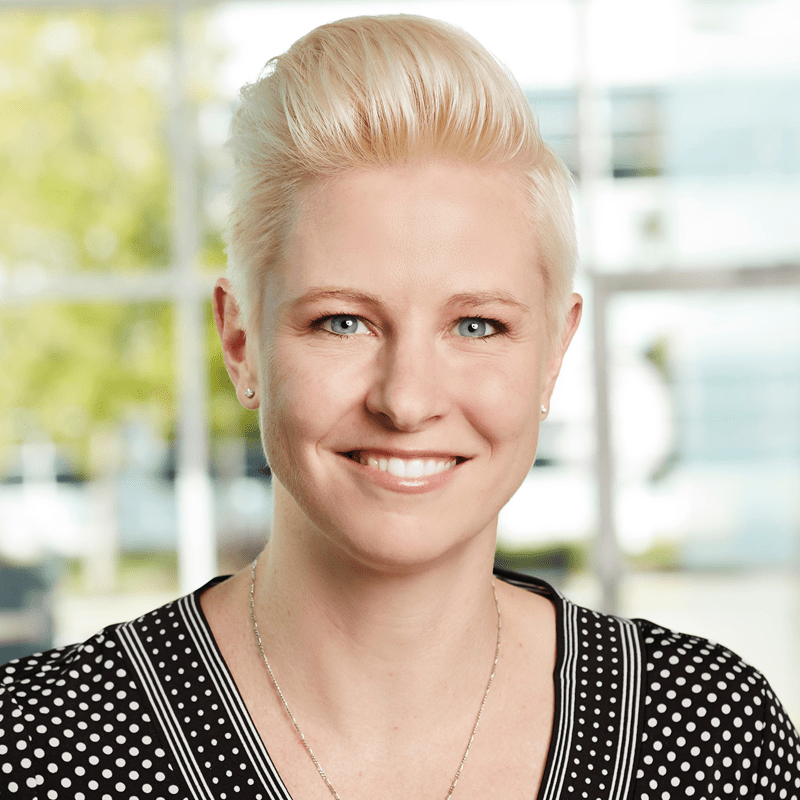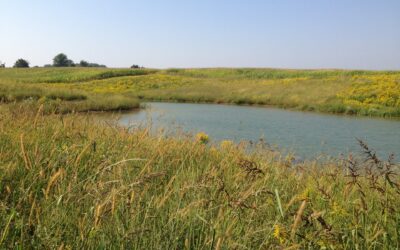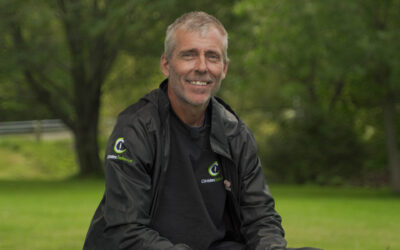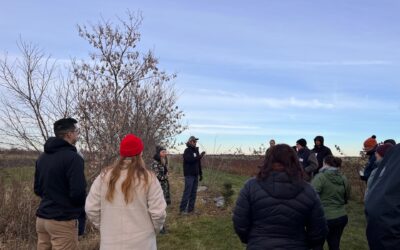As part of the New Acre Project thought leadership series, GLOBE Series President, Elizabeth Shirt, shares insights about the growing market demand and need for nature-based solutions.

“Nature-based solutions make good business and economic sense,” says Elizabeth. “They encourage corporations to take into account how they are impacting the land and what that means for finite resources. That’s going to allow us to have more profitable businesses in the long term.”
This is one of the key undercurrents of GLOBE Series events, which bring together and empower leaders and innovators from business, government and civil society to share knowledge and find solutions for achieving a more sustainable, prosperous and socially just future.
Today, the discussion among market players is increasingly focused on green and blue infrastructure, achieving net zero and the role of investments in accelerating the clean economy.
The key, says Elizabeth, is understanding that achieving a more sustainable future requires a multi-pronged approach that includes not just reducing emissions, but also leveraging nature-based solutions to capture and store carbon.
“We cannot lose sight of sustainability priorities that we need to advance in tandem with achieving net zero,” she says. “It’s not net zero in isolation. It’s not biodiversity in isolation. It’s not nature conservation or adaptation to climate change in isolation. All of these issues and opportunities are intrinsically linked.”
Nature-based solutions can be incorporated into net zero strategies, such as creating and using natural carbon sinks, like wetlands, to sequester carbon. These solutions are particularly important to Canadian sustainability efforts given that the country’s economy has traditionally relied on natural resource extraction, agriculture and forestry, says Elizabeth. These sectors have incredible potential to directly harness nature to achieve overlapping sustainability goals.
“To me, that’s one of the cool things about nature. Nature is a key piece of the puzzle to finding a solution if we can find ways to work with it and harness that power,” says Elizabeth.
Businesses are also increasingly taking notice of how investing in nature-based solutions can be good for their bottom line. Ultimately, nature-based solutions create more long-term sustainable business opportunities that are in line with current trends in global markets. They also offer room for business and corporations to show leadership and innovation.
One challenge that many companies and investors face, Elizabeth notes, is fully understanding how to measure the environmental and economic opportunities offered by nature-based solutions. Business leaders want to be matched with the right nature-based programs that can help meet their specific needs. But they don’t necessarily know how to access those solutions.
“How can they know if the companies or the solutions that they’re investing in represent the right net-zero opportunities?” she says. “You need to know what the metrics are. What reporting is required to really be clear on the net-zero opportunity?”
Policy outcomes from international forums like the Taskforce on Nature-related Financial Disclosures (TNFD) are critical to the investment landscape, says Elizabeth. The TNFD has released a voluntary framework that provides businesses with better information to incorporate nature-related risks and opportunities into their strategic planning, risk management and asset allocation decisions. The goal is to support an economic shift to nature-positive outcomes, while providing investors certainty around how to value nature-based opportunities and risks.
“Those global initiatives represent a number of corporations and governments coming together to agree on a standard approach. This is so key for driving action. Policy outcomes from the TNFD are critical to the investment landscape because investors are looking for certainty and to mitigate their risk,” says Elizabeth.
“We saw the same thing from the Task Force for Climate-Related Financial Disclosure. It set the global precedent. That trickles down to what corporations are doing in terms of their reporting to investors who are looking to say, ‘Yes, this is a net-zero opportunity.’”
Even when the metrics and data are not clearly available, Elizabeth notes that businesses shouldn’t become paralyzed waiting for direction. Developing targets, making the commitment and taking action are key to progress. Businesses can also show leadership by being first movers and setting examples even before formal frameworks or regulations are in place.
“We can’t wait for the perfect reporting frameworks or the perfect metrics, because of the need to act today,” she says. “Taking action and being part of the conversation is a win-win.”
See Our Results

SDGs

Biodiversity

Water Stewardship




